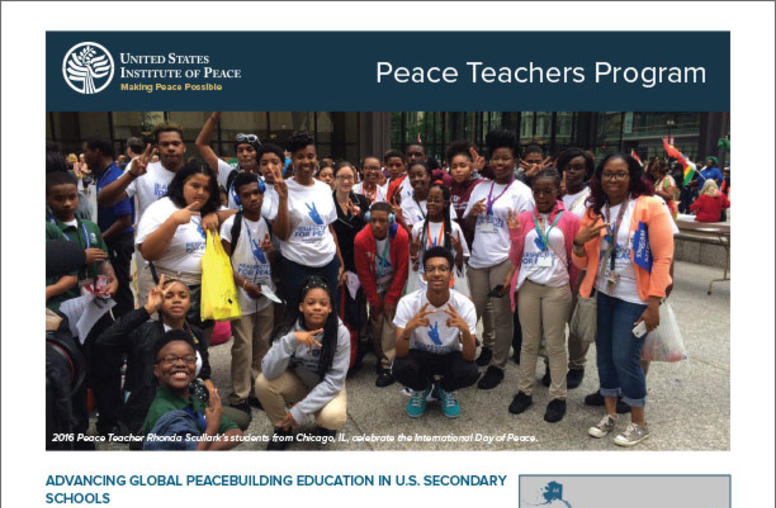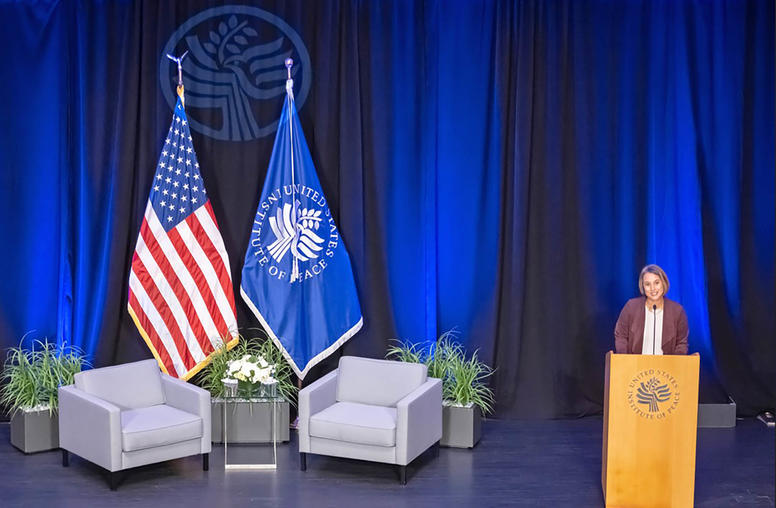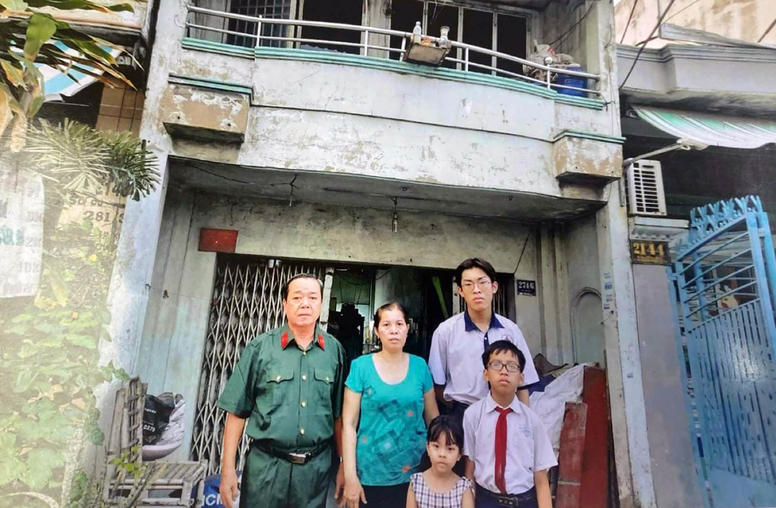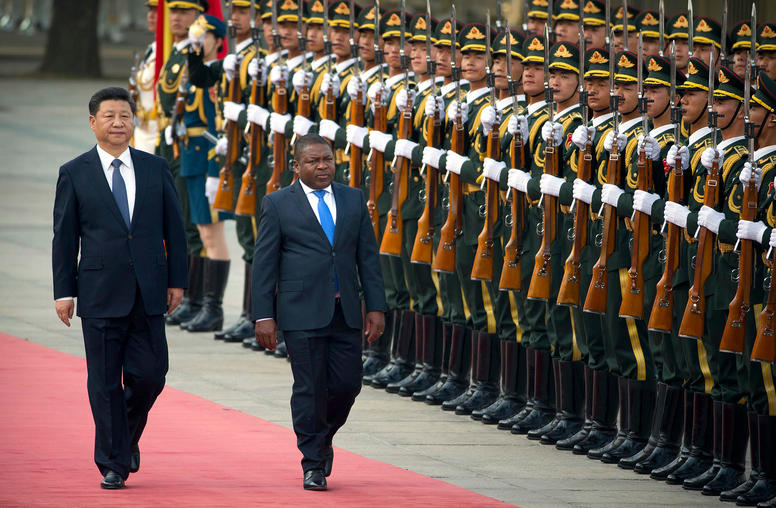Arab Media: Tools of the Governments; Tools for the People?
In the aftermath of 9/11, a shocked U.S. government and public asked, "Why do they hate us?" bewildered that the so-called Arab street views them—us—with extreme antipathy. Since that day in September, an urgent desire to quench this seething regional hostility has seized the government, hoping to mitigate or at least deflect any future terrorist attacks.
Introduction
In the aftermath of 9/11, a shocked U.S. government and public asked, "Why do they hate us?" bewildered that the so-called Arab street views them--us--with extreme antipathy. Since that day in September, an urgent desire to quench this seething regional hostility has seized the government, hoping to mitigate or at least deflect any future terrorist attacks. A flurry of studies regarding the need for more effective U.S. public diplomacy appeared on Washington desks. Yet, no study seemed to start at the heart of the matter, with the minds and attitudes of the Arab people who were supposedly so angry at the United States. Believing that the Arab media played a critical role in shaping the information environment that was fomenting the "culture of death" that ennobled suicide bombers and the cult of terrorism, the United States Institute of Peace launched a systematic investigation into how the Arab media was informing and shaping the hearts and minds of Arab publics. With the aid of in-house expert 2004 Jennings Randolph Senior Fellow Mamoun Fandy, participants in the Arab Media working group met from March to August 2004 to examine such charged questions as who and what do the Arab media speak for; what opportunities exist to reform or blunt their incitement; and what is their role in forestalling or fostering a desire for a free press?
The workshop series aimed at understanding the full range of the Arab information environment through its media. During the six-month series, al-Hurra, the U.S. government funded television project for Arab publics, was launched; the U.S. scandal around Abu Ghraib prison erupted; and the 9/11 Commission Report was published. All of these events informed and complicated the sessions' efforts. More groundbreaking events have occurred since the completion of the workshop series. All of them affect the troubled relationship between the United States and the region. Although activities in Iraq remain the centerpiece of today's attitudes about the United States in the region, recent shifts in the heretofore-entrenched power relationships seem to be taking place. Libya, Palestine, Lebanon, Syria, and Egypt, even Saudi Arabia--all have demonstrated vulnerability to the engines of international opinion and their populations' appetite for such globally televised political transformations as the Ukraine's "Orange Revolution." Even so, it would be too much to say that a single shared perspective among these regional populations exists, except perhaps suspicion about U.S. motives for being in Iraq and belief that the United States supports Israel against all Arabs, everywhere, at all times.
In the United States, the 9/11 Commission Report and the even more critical Defense Science Board Review (DSBR)--both published in summer 2004, but the latter not made public until November 24, 2004--were inhaled in a single public breath, demonstrating an astonishing national desire for the "truth" about the government's mistakes leading to 9/11 and about the subsequent tide of hatred engulfing the nation from Western to Eastern hemispheres. Both reports serve the public by elaborating the many contradictions that their commissioners believe have become the locus of misunderstanding, failed vision, and misdirected U.S. policies, which over the course of years have fuelled Arab hostility--its own often vitriolic media notwithstanding. Although the current administration has recently launched a new diplomatic approach to the region, including tasking yet another high-level administration official to lead its public diplomacy initiative, the government's effectiveness in changing hostile attitudes among Arab publics will depend on how sustained and deep its policy reformulation is. And to measure that, only time will tell.
About the Report
In March 2004, the United States Institute of Peace organized a six-month workshop series, as part of its Muslim World Initiative, to analyze the role of Arab media in shaping the information environment that encourages popular hostility in the region toward the West, particularly the United States. Senior Fellow Mamoun Fandy (2004–2005) chaired and Sheryl Brown, director of the Institute's Virtual Diplomacy Initiative, cochaired the series. The overarching objective of the series was to complement the many U.S. public diplomacy projects directed toward diffusing Muslim, particularly Arab, resentment toward the United States. The series examined the primary media sources of information, perceptions, and opinions among Arab populations--ostensibly the most hostile, perhaps the most misunderstood, and certainly the most oppressed populations in the Muslim world.
The Institute is grateful to Mamoun Fandy for his leadership of the series during his fellowship residence, to Dan Consolatore, Fandy's research assistant, for his written briefs of each workshop meeting, and to Virginia Bouvier of the fellowship staff for her organizational and editorial support of the series and final report.



